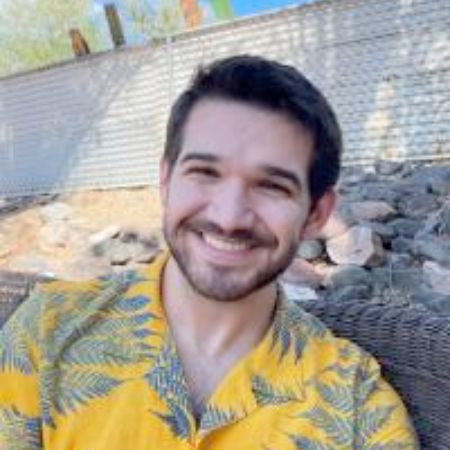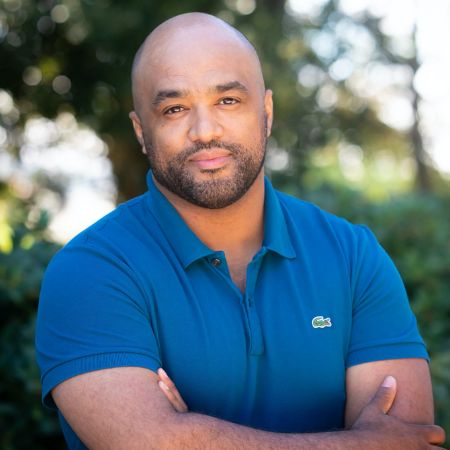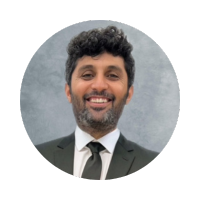By Brittany Romanello
When I say the word “Mormon,” what comes to mind? In presenting my research over the years, people often associate "Mormon" with “conservatives," "polygamists," or "Anglo-Americans," reflecting common stereotypes. Many are shocked to learn, in reality, the Church of Jesus Christ of Latter-Day Saints (also called Mormons or LDS) is not that homogenous. Mormonism began as a small religious group from New York in 1830, and began to settle-colonize the Rocky Mountains in 1847. Since then, Church membership grew from 30,000 to over 16.5 million members worldwide. Despite its small size, the Church has amassed over 100 billion dollars, making it the wealthiest globalized religion, about 6 times that of Catholicism. Mormonism gives us insight into how Latinx communities, specifically Latinas, are shaping the future direction of US religious spaces.
Read the full blog post
























